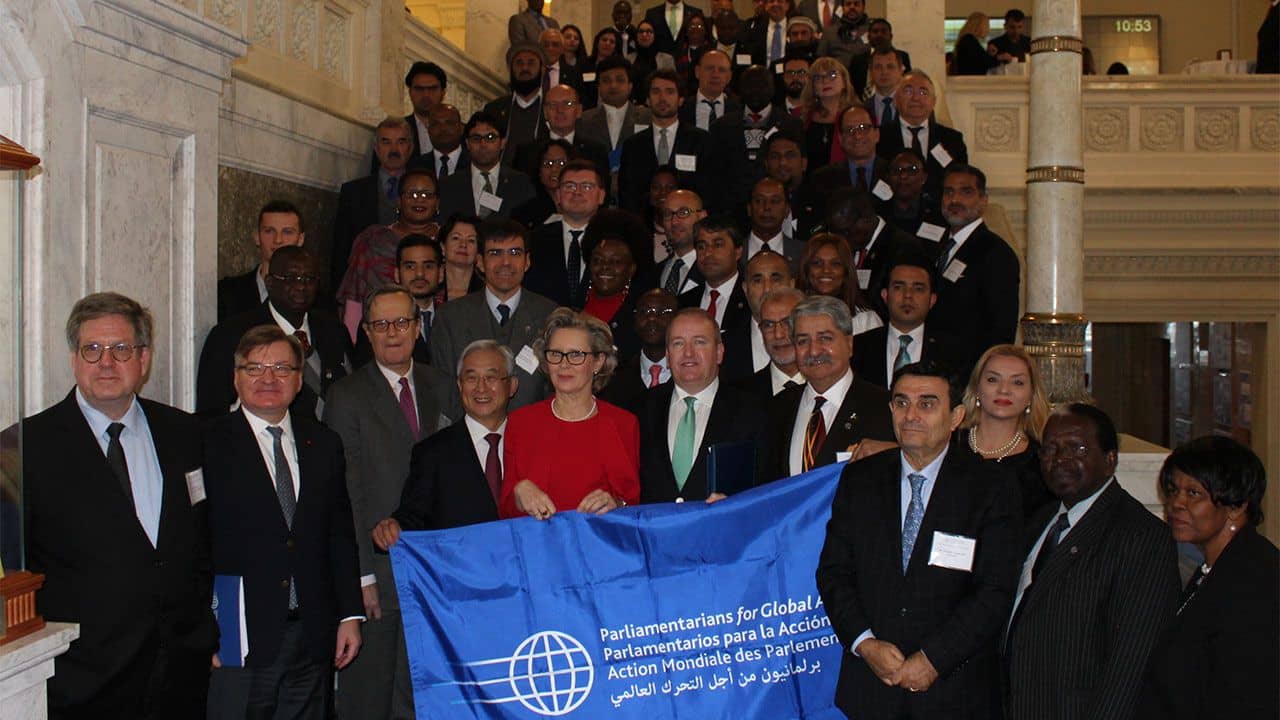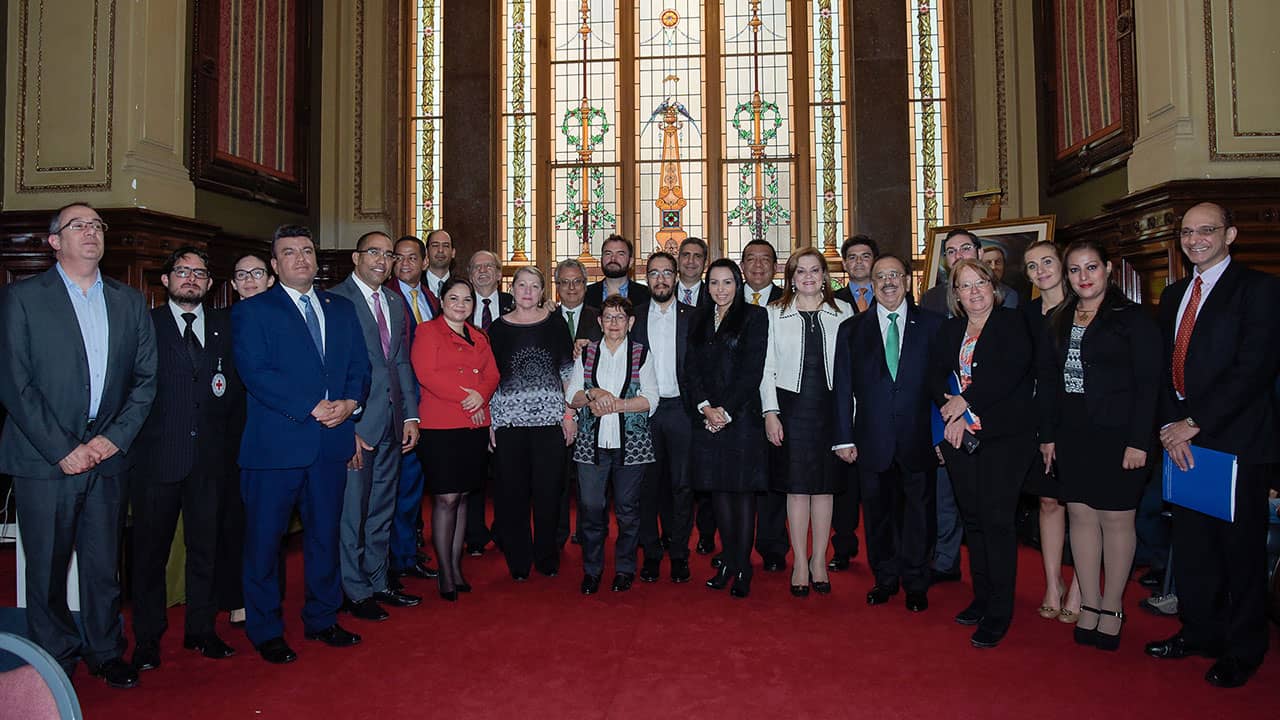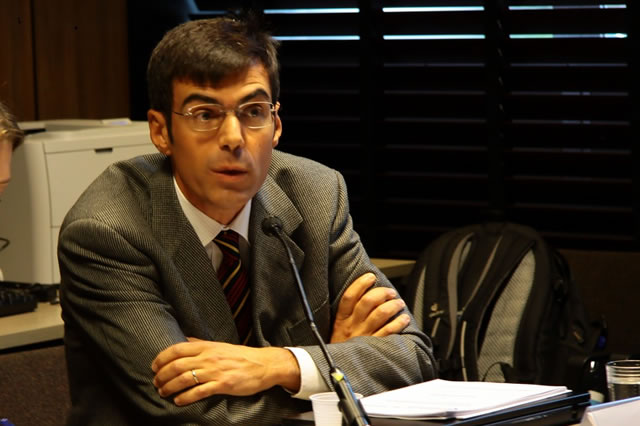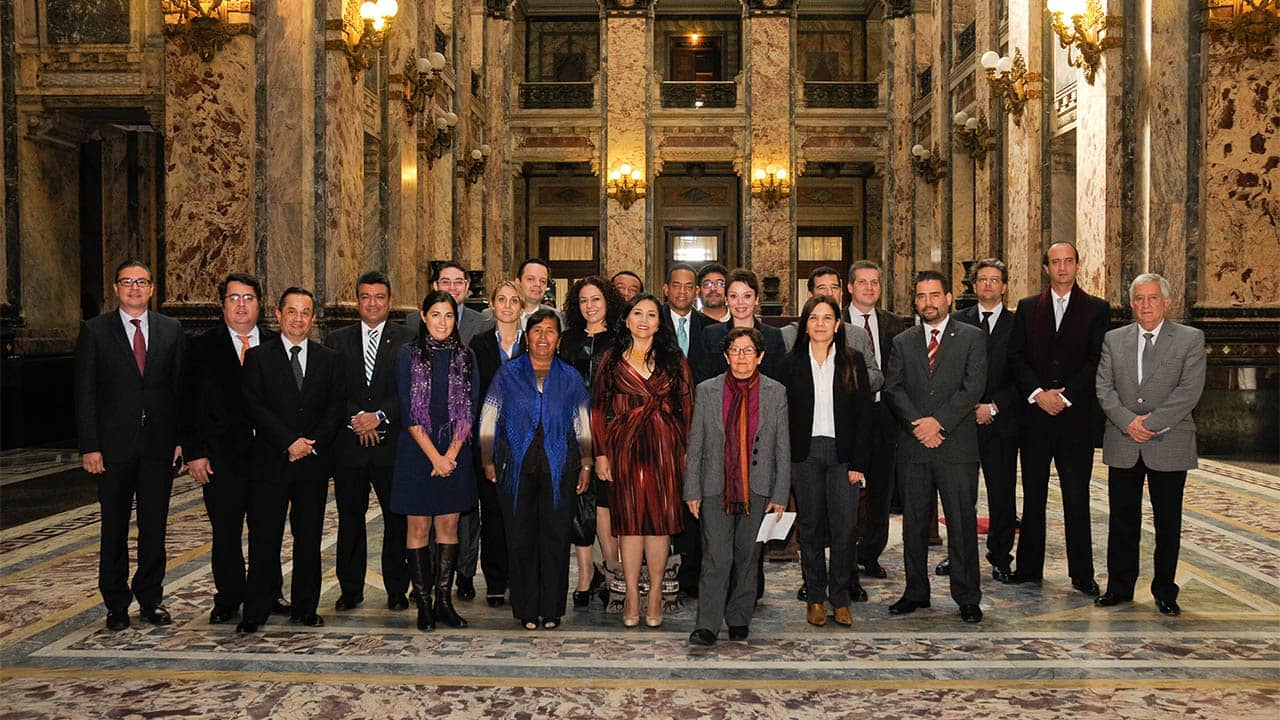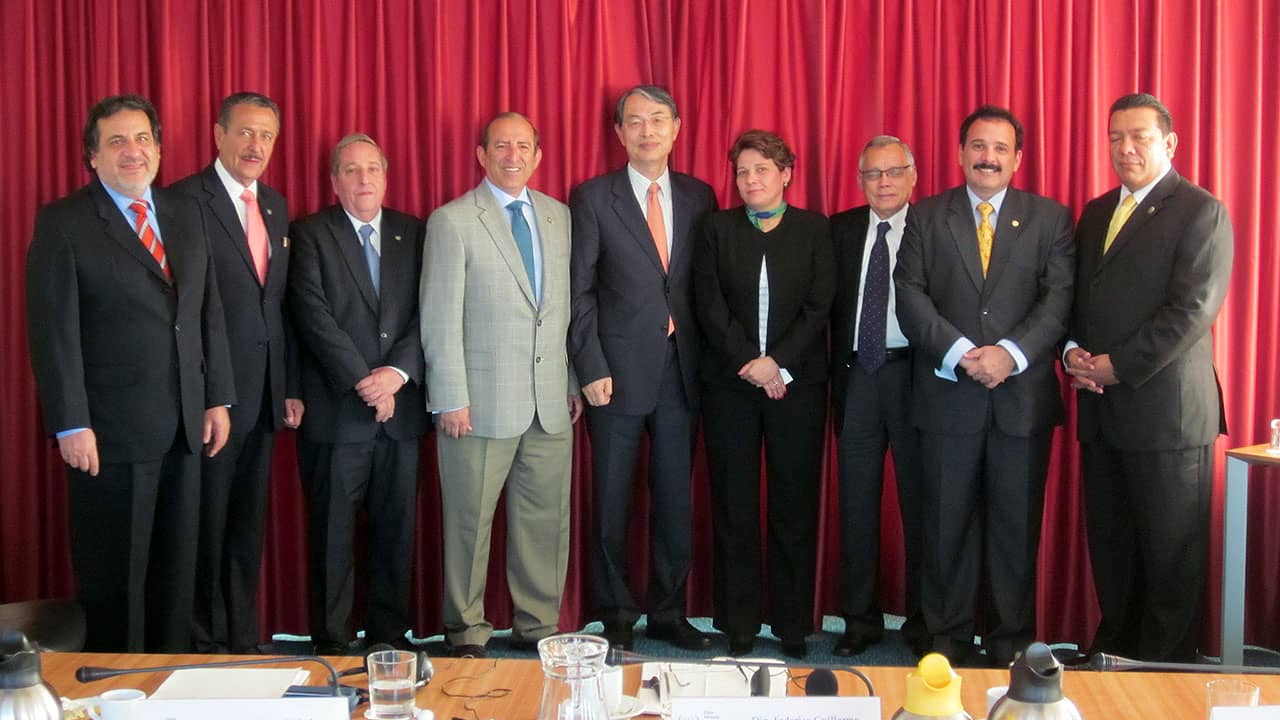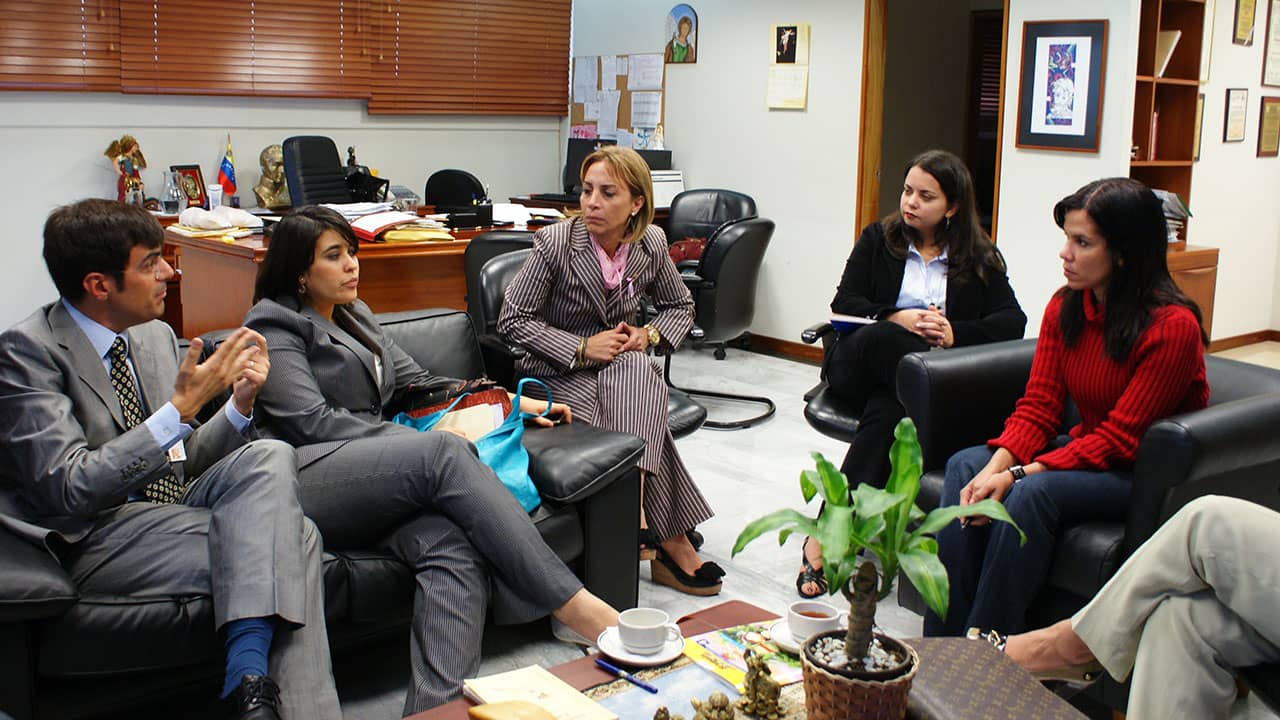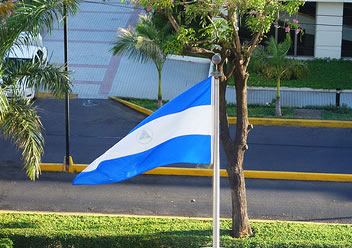Diplomatic Commitments
On 11 June 2012, the Ministers of Foreign Affairs of the Union of South American Nations (UNASUR) Argentina, Bolivia, Brazil, Chile, Colombia, Ecuador, Guyana, Paraguay, Peru, Suriname, Uruguay, and Venezuela called upon all States Parties to ratify the amendments adopted in Kampala. View the UNASUR letter here.



